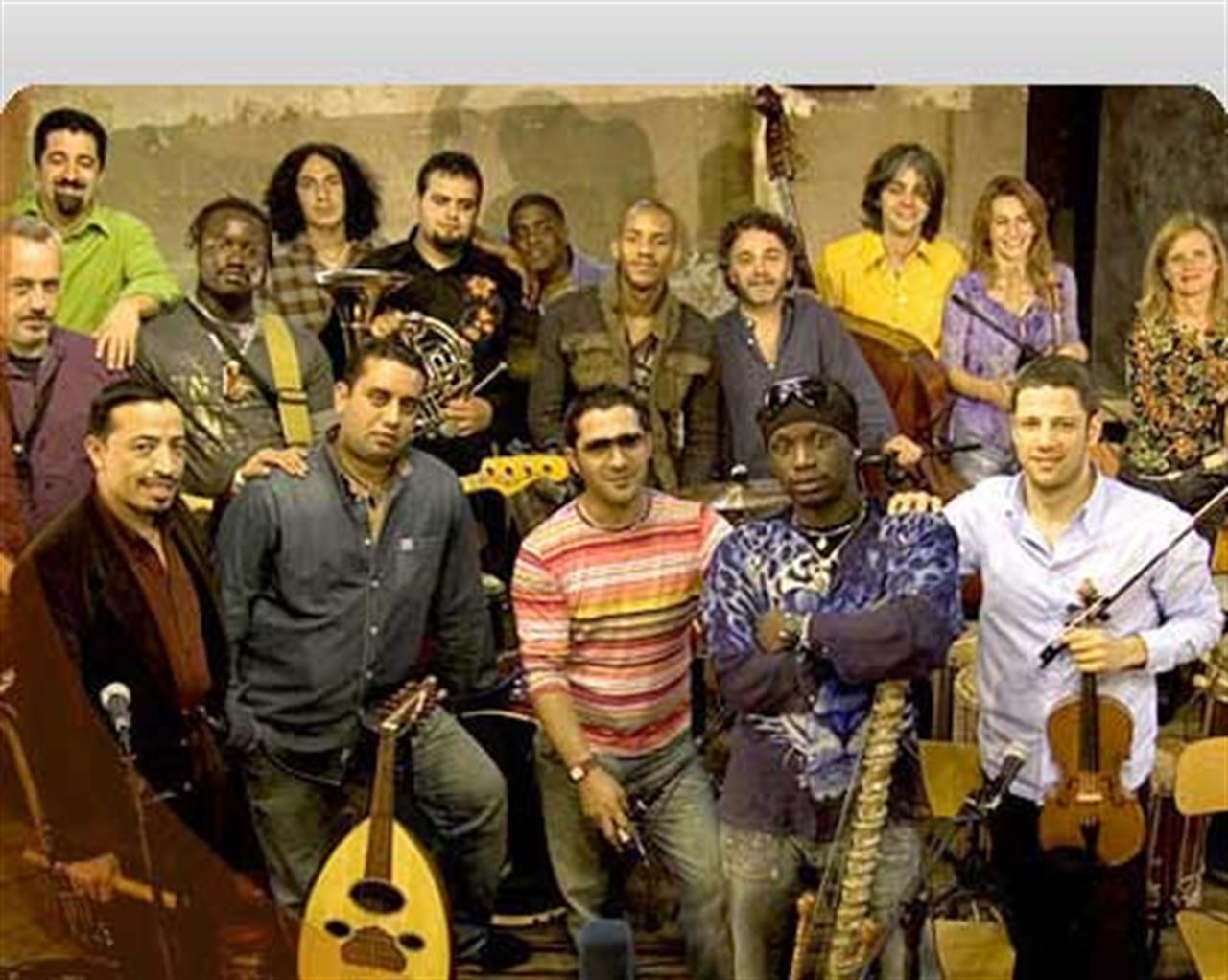Politica
Europe’s path to integration
A multiethnic orchestra that has travelled the world, overtaking borders, frontiers but most of all barriers. A debate in Brussels at the EESC takes a closer look at intercultural dialogue in Europe today.

Music as a crossroads between cultures. This is the best way to define what the members of the Orchestra di Piazza Vittorio have in common, because other than their love of music people like Omar Lopez Valle from Cuba, “Kaw” Dialy Mady Sissoko from Senegal, John Maida from the USA and Eszter Nagypal from Ukraine have little else in common, other than the fact that they are all foreigners, immigrants, living and working in Rome. Every thing else about them – their colourful instruments, the bedtime stories they grew up with, the colour of their skin, the rhythm and beats they move to and their language – is different.
It all began in the heart of Rome’s city centre, in a neighbourhood called Esquilino, to be precise, in a square called Piazza Vittorio, one of the city’s most culturally diverse areas. A real-life demonstration that integration and intercultural dialogue can happen, that people of different races can not only live together in the same place but also build something new and wonderful, something that anyone and every one can understand, something sustainable and successful. This something was not launched with large government funds, nor did it emerge from the experience of hardened NGOs; the Orchestra di Vittorio, made up of 15 musicians from 11 countries and 3 continents, is a truly grassroots venture. It began almost as a challenge, a dare between the conductor to be Mario Tronco and filmmaker Agostino Ferrente. The first funds were collected from Esquilino’s community, their next door neighbours and friends, ordinary people with ordinary jobs. Now it finances itself through its concerts. Since its beginning in 2002 the orchestra has moved on, becoming famous nationally and internationally, travelling the world and giving more than 300 concerts, but it has remained true to its initial goal: to be an example of intercultural dialogue.
So successful has it been in its aim that the Orchestra di Piazza Vittorio was the recent focus of a debate held on November 21 at the European Economic and Social Committee, an institution that acts as a bridge between the European parliament and commission and European civil society based in Brussels. Music, civil society and European politics? The link is less enigmatic than it sounds, as with the European year of intercultural dialogue drawing to a close in December, the EESC wants to highlight its ongoing commitment to promoting EU policies that help the European integration process.
The globalisation of society
In the words of the EESC’s neo president, Mario Sepi, our world is a “world society”, a place where everything, not just economics, is becoming globalised. This includes society and with this new globalisation, new challenges emerge: human beings must overcome their fear of the other, people must learn to dialogue and politicians must refrain from the temptation of gaining consensus by fomenting racial tension. More than just words, however, Sepi promises a real commitment to work to ensure that European institutions deliver an EU policy on integration that respects everyone’s human rights. The first step? A migration forum within the EESC will be established shortly to give voice to the needs migrants into the EU.
Other participants to the debate included Italian actor, musician and social activist Moni Oviada, Anne-Marie Sigmund, former EESC president and rapporteur on the Roma, Marcel Courthiade, professor and linguist, Saad Amrani, commissioner at the Brussels police department and Agostino Ferrente, who produced the documentary film on the Piazza di Vittorio orchestra.
Look out for VitaEurope’s special report on the debate which will focus on each of the speakers – out next week!
Find out more:
www.orchestradipiazzavittorio.it
Cosa fa VITA?
Da 30 anni VITA è la testata di riferimento dell’innovazione sociale, dell’attivismo civico e del Terzo settore. Siamo un’impresa sociale senza scopo di lucro: raccontiamo storie, promuoviamo campagne, interpelliamo le imprese, la politica e le istituzioni per promuovere i valori dell’interesse generale e del bene comune. Se riusciamo a farlo è grazie a chi decide di sostenerci.
